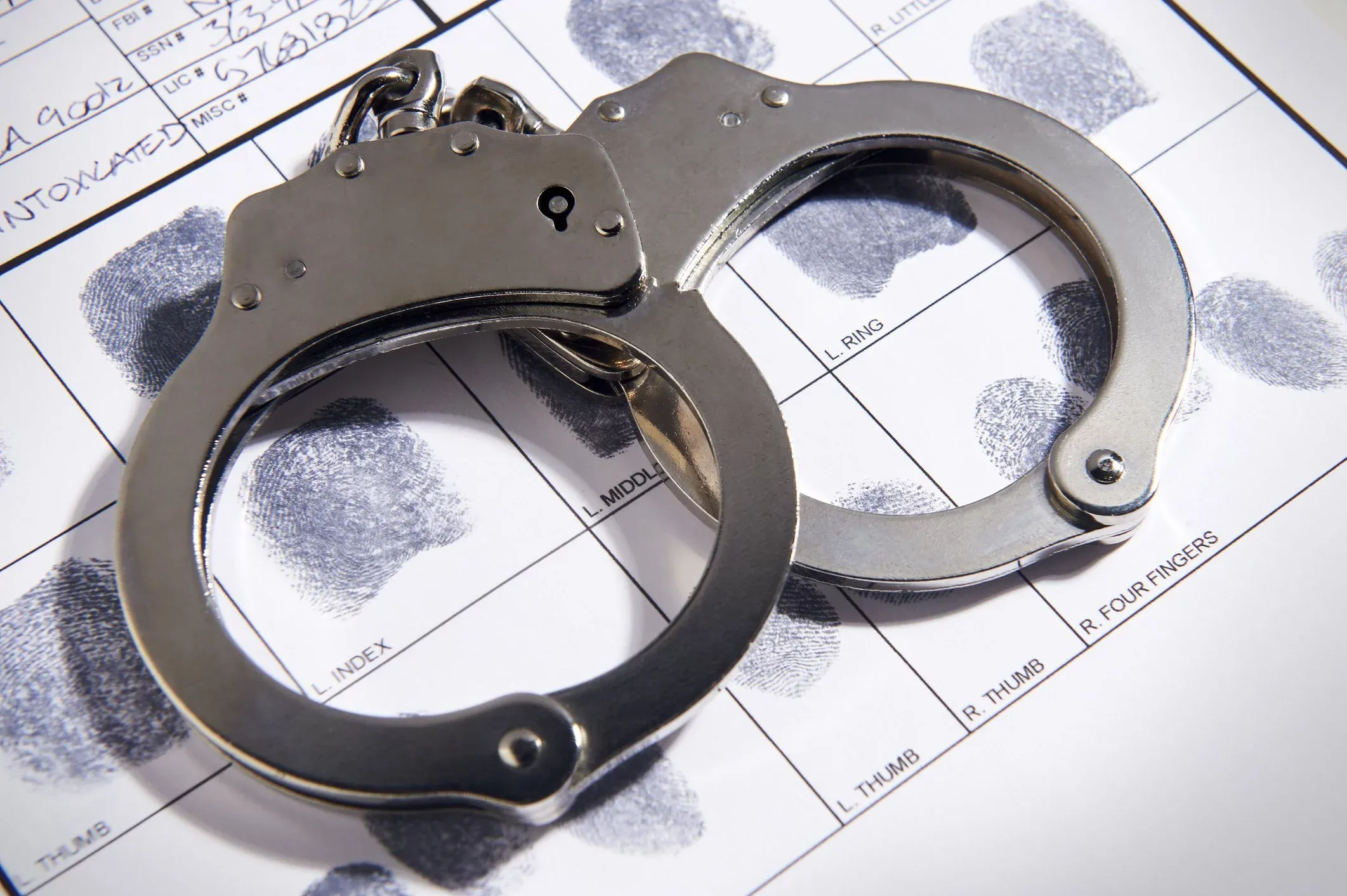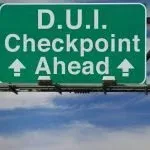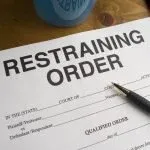
If you are under arrest, you will need a Connecticut criminal defense attorney. But what happens during the entire process can be confusing, and because you don’t know how the process works, it can be hard to know when there is a violation of your rights. Being familiar with the process is extremely helpful. If there is a violation of your rights, your attorney needs to know. Not only is it wrong for them to treat you that way, but it can help your case. You can read more about the process here. It will also help you with any questions you may have for your attorney. You need to make sure that your attorney has all of the information and that it is all honest and accurate. The more information they have, the better and stronger the case they can present. They need to be able to make a strong case for you, and that means knowing as much as possible.
Connecticut Criminal Defense: Before the Arrest
Before you are under arrest, you have no formal rights. And when you are in questioning, there is a limit to what some officers will tell you. This is because they want to maintain the integrity of the investigation and to tell you too much might taint that. Once you are under arrest, they will tell you your rights or give you an international card with them in writing and an explanation. This is when your rights begin, and you are formally in custody.
Connecticut Criminal Defense: The Arrest
Once you are read your rights, you will be kept in custody. There will be a report filed, and the victim will be entitled to all of that information. They will also be notified of the court date for the trial, as they are entitled to show up if they choose. You will be processed into the system and held until your arraignment. That will be when a judge can see you and determine if you are eligible for bail or not.
Connecticut Criminal Defense: After the Arrest
Depending on the arraignment, you will either receive a release on your recognizance, bail, or you will be in custody until your court date. Several factors, such as prior arrests, prior convictions and whether you can pay the requested amount for bail determines this. This is also where the victim’s rights come into play. They have the right to be a part of the process and the right to speak at stages in the process. There is also the possibility of financial restitution from the accused.
Connecticut Criminal Defense: The Trial
The victim has a right to attend and participate in court proceedings. They also have the right to speak out if there is an offer for a plea deal, even if they accept it. This is the part of the process where both attorneys try to make a case for conviction or dismissal. They want to show why the accused is guilty or innocent, in the best way possible. It will determine the outcome of the case. And your future. This is the most important part since this is the part that will dictate your future and how your life will run its course after the case is over.
Connecticut Criminal Defense: After the Trial
Depending on your case and it’s presentation during the trial; you could end up with probation, fees, jail time, community service or no repercussions. Sentencing is the next step once your trial has come to a conclusion. That is when you will find out what the consequences are of a conviction or the process for the dismissal of the case. The classification of your charges might also affect your life after the trial. If you have prior convictions or a felony on your record, your life will change forever.
Your attorney needs to be aware of the worst and set up a strong foundation for the best. It is important that you have an attorney who has experience with winning these cases. You need someone who is knowledgeable about Connecticut criminal defense cases and about what will work best for your case. You need to find someone you can trust because your life is in their hands. Start your search here. Make sure that you tell them as much as you can about your case and ask any questions you may have.




